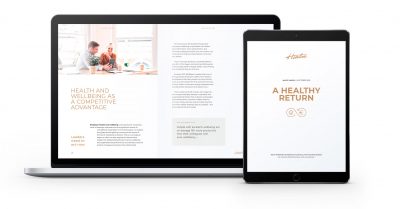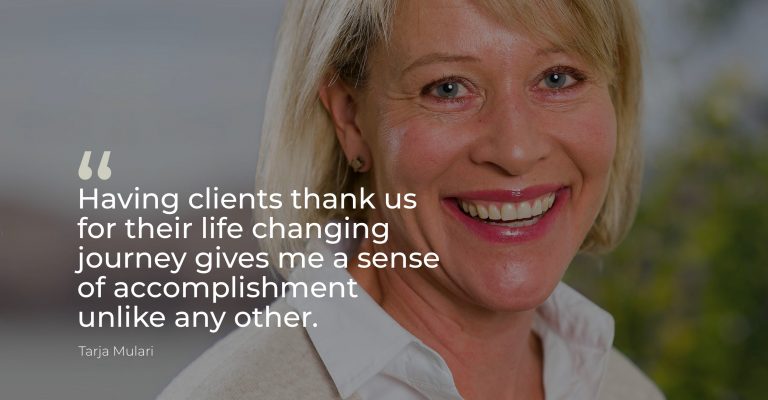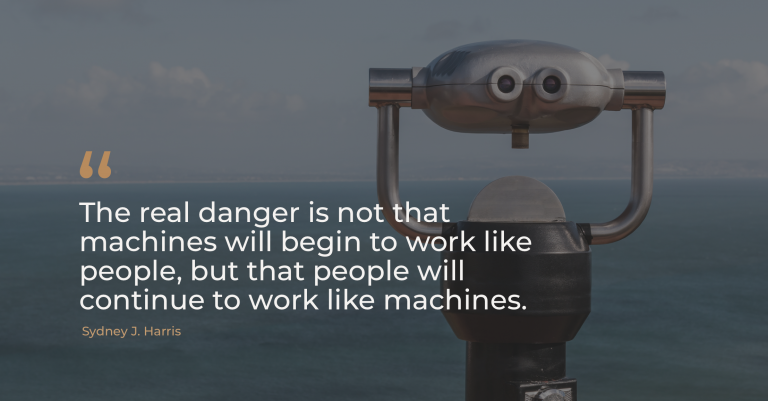How HR can transform the wellbeing culture

I recently sat down with two of my HR colleagues to interview them about the current status of wellbeing practices in their respective organisations. In the course of the discussion, we ended up dreaming about how organisations could look like in the future. In our discussion, we were convinced that old models of how organisations have operated for decades just won’t be suited to meet future needs.
In both of my colleagues’ organisations, the initiatives and programmes have been relating to wellness and wellbeing campaigns. Programmes that would support sustainable high performance were still missing, although both recognised the need for these. Unlike traditional wellbeing campaigns that focus on merely physical activity, the sustainable high-performance programmes of Hintsa follow a holistic model helping people who work in knowledge-intensive roles, whose cognitive capacity and interaction skills are the most important resources they possess.
Organisations need new role models
Interestingly, self-leadership seemed to be an important theme in both companies; how to be on the driver’s seat in life and balance all activities and not just drift like an empty boat in the sea. However, we also recognised that there is an interesting dissonance in many of the organisations we know. In many organisations, there is still fear that prohibits employees from actively participating and taking initiatives, ownership and leadership. Although there are written values and strategies in organisations that encourage these virtues, very rarely these seem to actually cascade into the actions of employees.

Employees in many organisations are used to taking orders coming from above. We dare to argue, there is both lack of courageous role models who take risks to try something new – even when this might mean failing – and the right atmosphere in the organisations that would support this type of action. The way many organisations react to failure does not encourage risk-taking. More often than not, there is some kind of a punishment instead.
There is a lot of untapped potential in organisations, and to unlock this, organisations need new role models. This also requires a lot of balancing: on the other hand, how to build an environment that supports trying and learning, and how to talk about self-leadership without blaming the employees but rather empowering them.
What if companies would be more like families?
The supervisor’s role is becoming even more like a sparring partner, one who encourages and inspires his or her team members. Perhaps companies should become more like loving families, my HR colleagues and I envisioned. If you try something new and fail, families won’t turn their back but rather help the family member and pick them up. You don’t get fired from families the way you could in organisations.
Families are built on trust, and trust needs time to grow. It requires that we are present as full humans, not only as our rational selves. When someone makes a mistake, we should have more perspective to look at the whole event and the whole person, and the process that led to the event and not only the event itself. How could we change the discourse from punishing for trying something new and potentially failing, to praising for trying and helping people to learn from their mistakes?
Empowering employees to learn and grow
The world of work is changing, this is a well-argued fact. In the future, the social and emotional skills, as well as more advanced cognitive skills, will be increasingly important. Companies will also need to think the ways work gets organised, how they help their employees in acquiring new skills, and how they find and retain the right talent and capabilities.
In today’s world and increasingly in the future, there needs to be more room for creativity, for innovation, for trying things out without fear of getting fired or removed from the group. In organisations that are driven by fear, a lot of potential is wasted. It doesn’t mean organisations should tolerate under-performance but to understand the drivers behind it and help employees to learn and grow. Heidi Grant Halvorson talks about “being good” and “getting better” mindsets, former meaning proving oneself, worrying about mistakes and looking for external validation, whereas the latter means focusing on improving oneself, opening to uncertainty and mistakes. Both organisations and individuals could benefit immensely by adopting the “getting better” mindset more.
How can your organisation unlock its full potential?
It all comes down to knowing yourself, knowing who you are, and then knowing who are the people with whom you are working with. Top management and supervisors are important role models in this. Radical idea: could your company be more like a family? Could more flexible, trusting and humane approach actually help your organisation perform better?
See our selected client references to find out how we guide our customers to reach the optimal level of performance and get in touch to discuss how we could unlock your organisation’s full potential.


